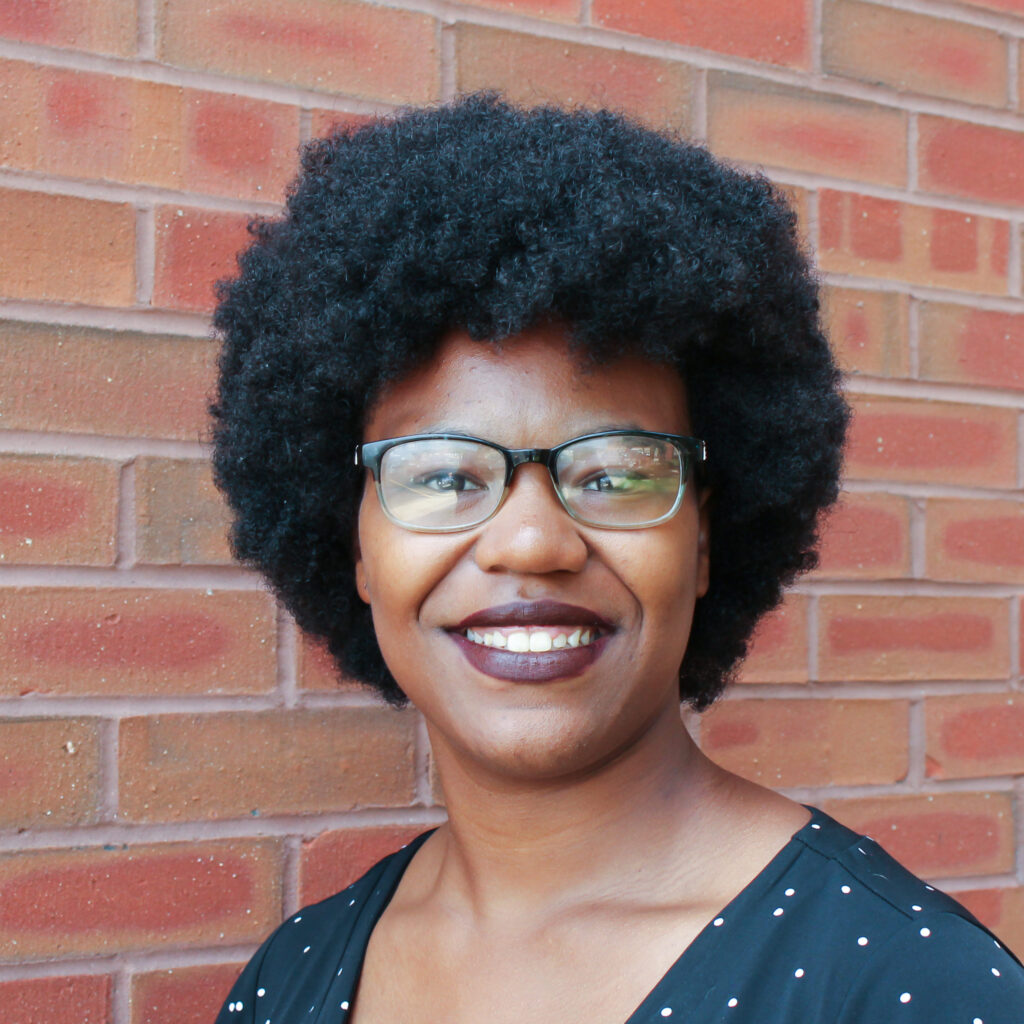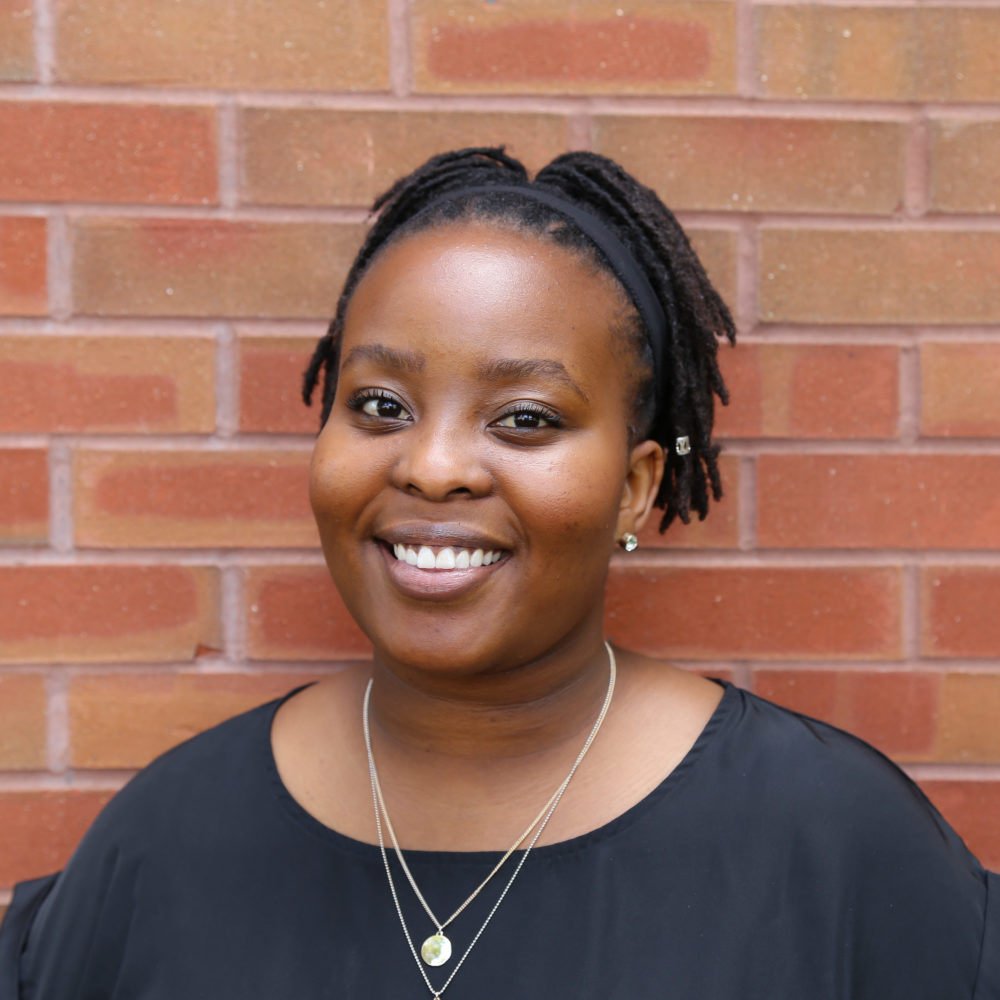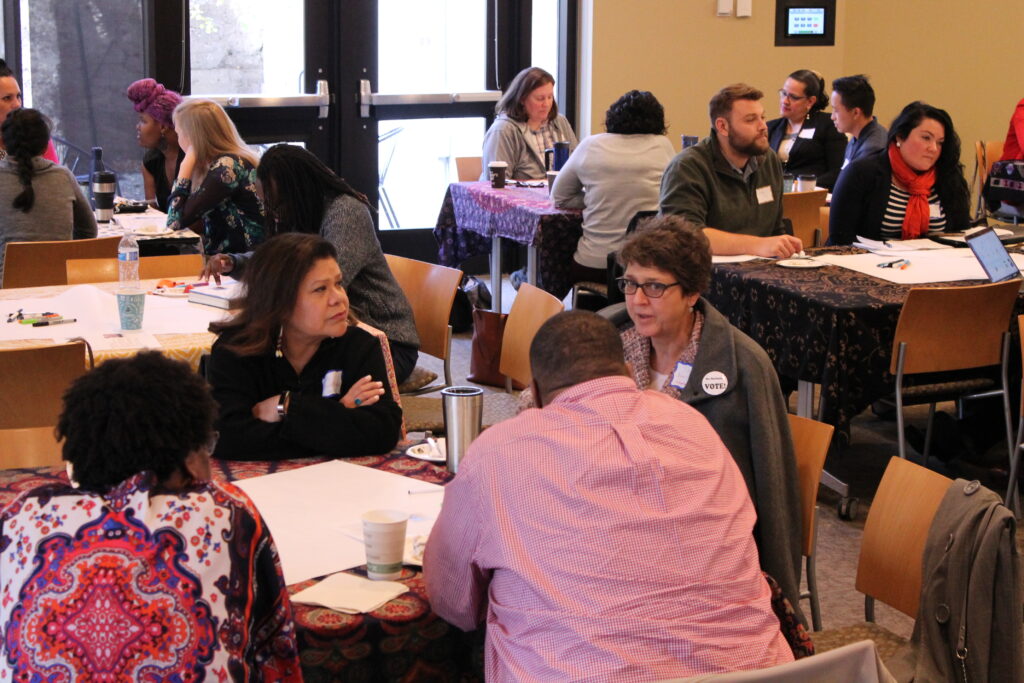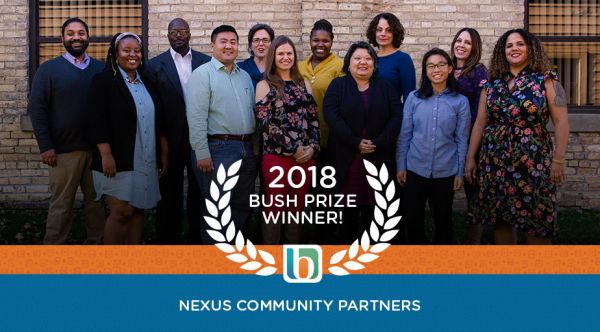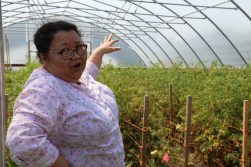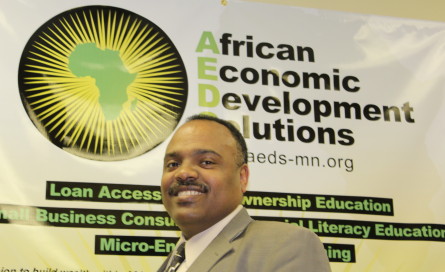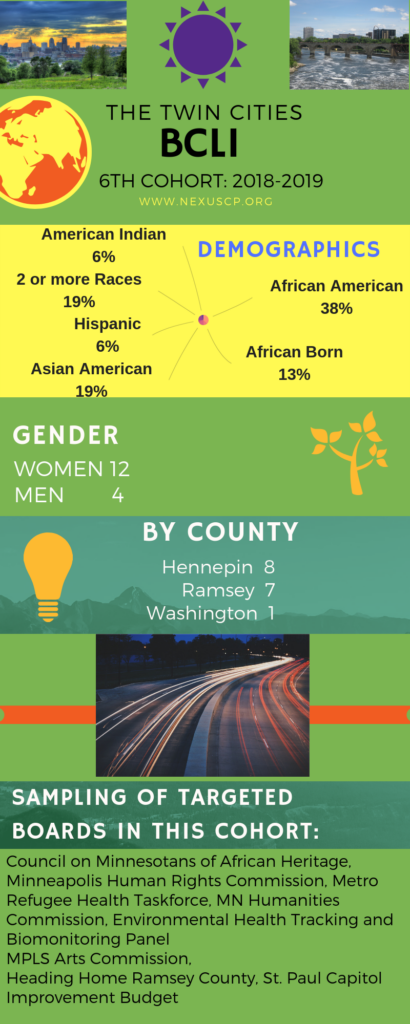North Star Black Cooperative Fellowship 2018/2019 cohort sessions have started off well! The first cohort meeting dug into the history of cooperatives and the society in which we live in that bread a necessity for cooperatives to exist. We also discussed how modern-day society makes it difficult for black businesses to remain afloat without systematic
2018-19 North Star Black Cooperative Fellowship has Started Off Well!
